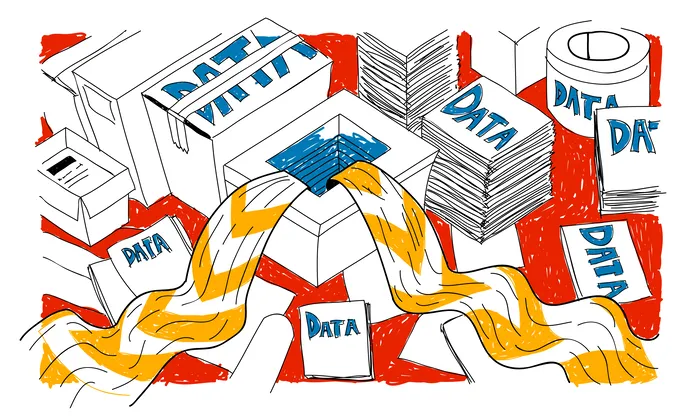What’s the difference between usage rights for training vs deployment?
AI Ethics
Legal Compliance
Model Deployment
Understanding the difference between usage rights for training versus deployment is crucial for AI teams, particularly those involved in voice cloning or synthesis technologies. This distinction impacts not only the legal landscape but also the strategic operations of AI-first companies.
Defining Usage Rights in AI
Usage rights in AI refer to the permissions granted for using data across various stages of the AI lifecycle. These stages commonly include training, where models learn from data and deployment, where models are applied to generate results.
Training Usage Rights
Training usage rights determine how data can be used to train AI models. This stage focuses on collecting and preparing datasets to ensure they're suitable for model learning.
- Components: Data is sourced from contributors like voice actors, who provide recordings for developing voice models. Licensing agreements typically specify that data is for model training only, restricting other uses unless additional consent is obtained.
- Importance: Defining training rights ensures ethical data usage, especially with sensitive information, aligning with regulations like GDPR, which mandates explicit consent for data use.
- Practical Implications: Teams should evaluate the scope of use when acquiring data. If a dataset is intended for training, it cannot be assumed to be usable for deployment without explicit permissions.
Deployment Usage Rights
Deployment usage rights involve how trained models use data outputs in real-world applications, such as generating synthesized speech.
- Components: Rights often extend beyond the original training data, involving new outputs (e.g., synthesized voice recordings) that require separate permissions for commercial use or distribution.
- Deployment may include specific licensing structures, such as royalties based on usage.
- Importance: Clear deployment rights protect data providers and AI companies, ensuring fair compensation for contributors while allowing companies to monetize AI solutions effectively.
- Practical Implications: Companies need to ensure the right to use outputs generated by models. For instance, if a voice cloning model creates a new voice, usage rights must clarify if it can be sold or needs a different license.
Key Decisions in Managing Usage Rights for Training and Deployment
AI teams must make critical decisions when managing usage rights:
- Scope of Use: Define the scope in contracts to avoid legal disputes and ethical violations.
- Cost vs. Compliance: Broader rights may come at a higher cost. Balance the benefits of extensive usage rights with budget and compliance needs.
- Flexibility vs. Control: Desire for flexibility in model applications can lead to complex licensing and restrictions on data usage.
Frequent Mistakes Teams Make When Managing Usage Rights
Even experienced professionals can overlook key aspects of usage rights management:
- Assuming Transferability: Training rights do not automatically extend to deployment. Clear differentiation in contracts is vital.
- Neglecting Future Use: Consider how data might be used post-deployment. Contracts should account for future applications to avoid legal pitfalls.
- Inadequate Communication with Contributors: Clear communication with data providers about intended data use is essential to align expectations and avoid data access issues.
Summary of Key Differences in Usage Rights
Differentiating between training and deployment usage rights is vital, especially in fields like voice cloning where ethical and legal considerations are paramount. By understanding and clearly defining these rights, organizations can navigate data usage complexities while building trust with contributors. This foundational knowledge equips teams to develop robust, compliant, and ethically responsible AI systems.
By effectively managing these aspects, FutureBeeAI supports AI teams in navigating the complexities of usage rights, offering them robust data solutions that adhere to legal and ethical standards. For projects requiring domain-specific voice data, FutureBeeAI's custom dataset services deliver quality and compliance swiftly and reliably. Additionally, for those looking to explore diverse data offerings, our speech datasets provide a comprehensive collection ta
Smart FAQs
Q. What are the consequences of mismanaging usage rights?
A. Mismanaging usage rights can lead to legal disputes, financial penalties, and damage to a company’s reputation. It can also hinder effective data use, resulting in wasted resources and missed opportunities.
Q. How can teams ensure compliance with usage rights?
A. Engage legal experts to draft precise contracts, maintain open communication with data contributors, and regularly review usage agreements to accommodate changes in application or scope.
ilored to various AI applications.
What Else Do People Ask?
Related AI Articles
Browse Matching Datasets
Acquiring high-quality AI datasets has never been easier!!!
Get in touch with our AI data expert now!








